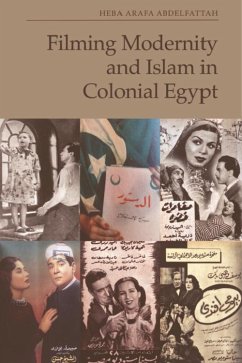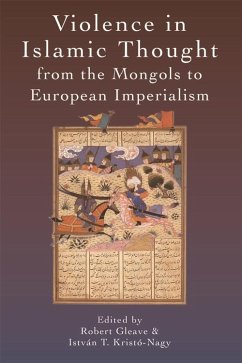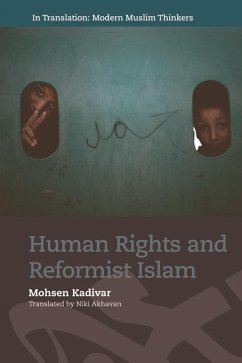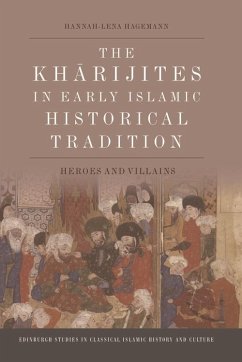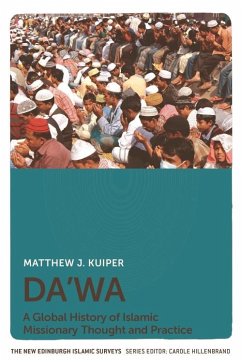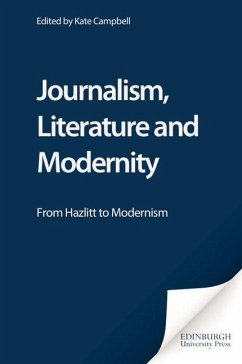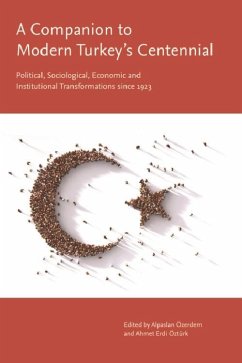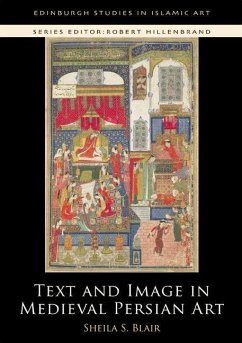
Filming Modernity and Islam in Colonial Egypt (eBook, PDF)
Versandkostenfrei!
Sofort per Download lieferbar
72,95 €
inkl. MwSt.
Weitere Ausgaben:

PAYBACK Punkte
36 °P sammeln!
This book studies the rise of cinema in colonial Egypt as a supplemental secular public sphere that is not anti-religion. To this end, it investigates the reception of film by three centers of powers: the colonial authorities, the Muslim clergy, and the Cairene bourgeoisie. It inquires about the representations of modernity in films produced during the time and the place filmmakers assigned to Islam in these representations. The result is a story of survival and coexistence told through the lens of cinema as modern art and popular culture negotiating its overt and covert censorship in the publ...
This book studies the rise of cinema in colonial Egypt as a supplemental secular public sphere that is not anti-religion. To this end, it investigates the reception of film by three centers of powers: the colonial authorities, the Muslim clergy, and the Cairene bourgeoisie. It inquires about the representations of modernity in films produced during the time and the place filmmakers assigned to Islam in these representations. The result is a story of survival and coexistence told through the lens of cinema as modern art and popular culture negotiating its overt and covert censorship in the public sphere, despite colonization and war.
Dieser Download kann aus rechtlichen Gründen nur mit Rechnungsadresse in A, B, BG, CY, CZ, D, DK, EW, E, FIN, F, GR, HR, H, IRL, I, LT, L, LR, M, NL, PL, P, R, S, SLO, SK ausgeliefert werden.




